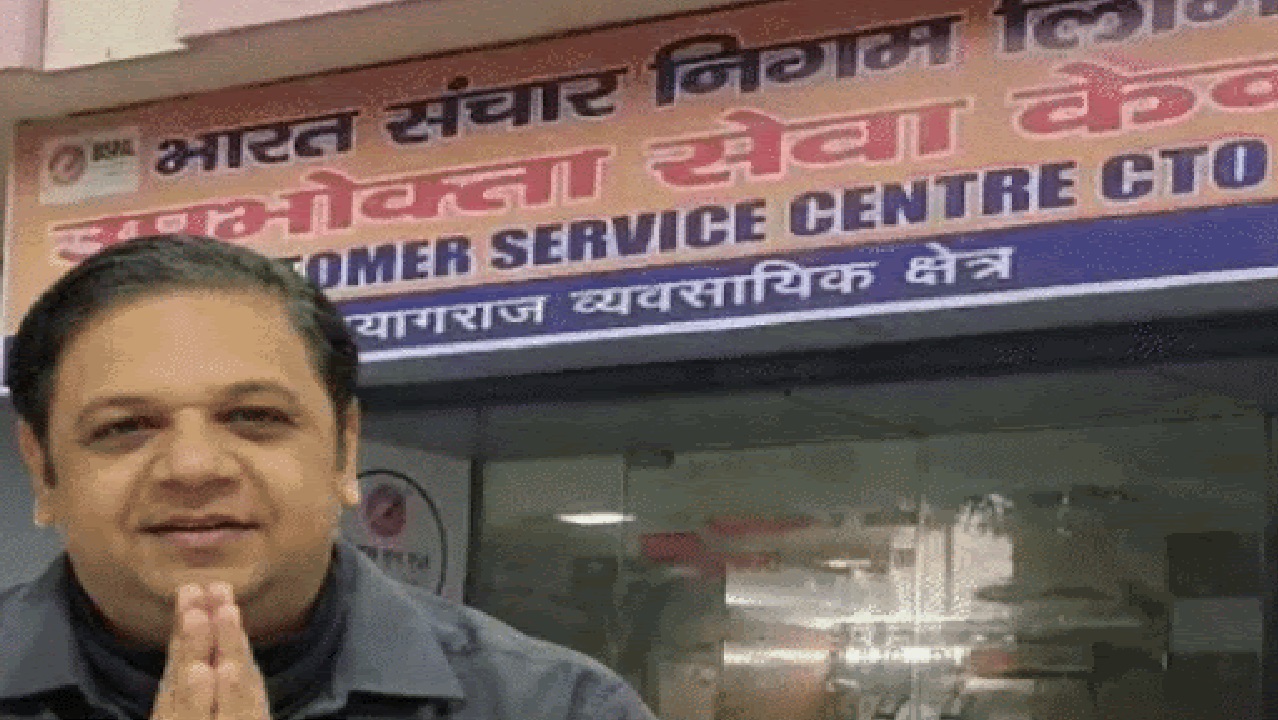A Death That Stirred a State
The tragic custodial death of Ajith Kumar, a temporary security guard at a temple in Thirupuvanam, Sivaganga district, has rocked Tamil Nadu. Accused of a petty theft and later found dead after alleged police torture, his case has reignited serious concerns about custodial violence, police impunity, and the fragility of human rights enforcement in the state. Public outrage has been fierce, leading to judicial intervention, political damage control, and a national conversation about the treatment of citizens in custody.
Brutality Uncovered: Post-Mortem and Video Evidence
Ajith Kumar was allegedly beaten to death by five police personnel following a complaint from a woman who accused him of stealing jewellery from her car. Reports suggest she was closely associated with an influential bureaucrat, though the police maintain only that her mother is differently abled.
A post-mortem confirmed severe physical trauma, and an unverified but widely circulated video appears to show Ajith being brutally assaulted by men in plain clothes—identified as police—behind the temple where he worked. The Madras High Court, deeply disturbed by the footage and evidence, remarked: “Even a murderer will not attack like this.” The court also flagged that “some evidence has been destroyed,” implying deliberate attempts to hinder the investigation.
Legal Action and High Court Intervention
The Madurai Bench of the Madras High Court ordered a District Judge-led inquiry into the suspected custodial killing, demanding a full report by July 8. It directed the Tamil Nadu Police to hand over all relevant evidence, including CCTV footage, to aid the probe. The court did not hold back in its criticism, raising pointed questions:
· Why was the body moved to Madurai instead of being examined in Thirupuvanam?
· Was this intended to evade surveillance?
· Why was there no FIR filed in the theft case?
· Who authorized the “special team” that detained Ajith?
· Would the police have acted the same if one of their own had died in custody?
The court’s tone reflected grave concern, not just over brutality, but also over institutional attempts to manipulate procedure and avoid scrutiny.
Political Fallout and Government Response
This case has placed the DMK government in a precarious position. Chief Minister MK Stalin, facing intense criticism, moved swiftly to control the narrative. He ordered the transfer of the case to the Central Bureau of Investigation (CBI) and personally spoke with Ajith’s grieving family, promising justice.
“There should be no doubts about the investigation… the actions of a few are unpardonable,” Stalin said, reaffirming his stance on upholding human rights.
Initially, a CBCID probe had been ordered, but mounting public and judicial pressure led to the CBI referral. In an embarrassing administrative fallout, the district’s Superintendent of Police was placed under “compulsory wait,” indicating disciplinary action.
Meanwhile, a public interest litigation (PIL) was filed by AIADMK advocate wing deputy secretary E. Marees Kumar, demanding either a CBI or SIT probe, citing inaction and lack of arrests 48 hours after the death.
Systemic Gaps and Political Irony
The incident echoes the 2020 Sathankulam custodial deaths, which the DMK had then used as a powerful electoral tool against the AIADMK. Today, the ruling party finds itself at the receiving end of the same criticism. The timing is politically sensitive, coming just months before the lead-up to the 2026 Assembly elections.
Despite claims by the Tamil Nadu Police that custodial deaths have declined in recent years, Ajith’s death exposes the persistence of systemic flaws, including unlawful detentions, weak oversight, and inadequate accountability mechanisms.
The Ramanathapuram Range DIG, Pa. Moorthy, has already conducted a review, and a judicial inquiry is underway. There is also talk of upgrading the case to murder, pending full review of the post-mortem and inquest reports.
A Reckoning for Justice and Reform
Ajith Kumar’s death is more than a case of police excess—it is a crisis of institutional credibility. The response from the judiciary, civil society, and political opposition indicates a collective demand for structural reform, transparency, and accountability. The swift arrest of five officers, the CBI handover, and public outcry must not end with temporary fixes.
If Tamil Nadu—widely regarded as an educated and progressive state—is to retain that image, it must prove that justice is not selective and custodial violence will not be tolerated. Ajith’s death must become a turning point, not another forgotten headline.
(With agency inputs)








